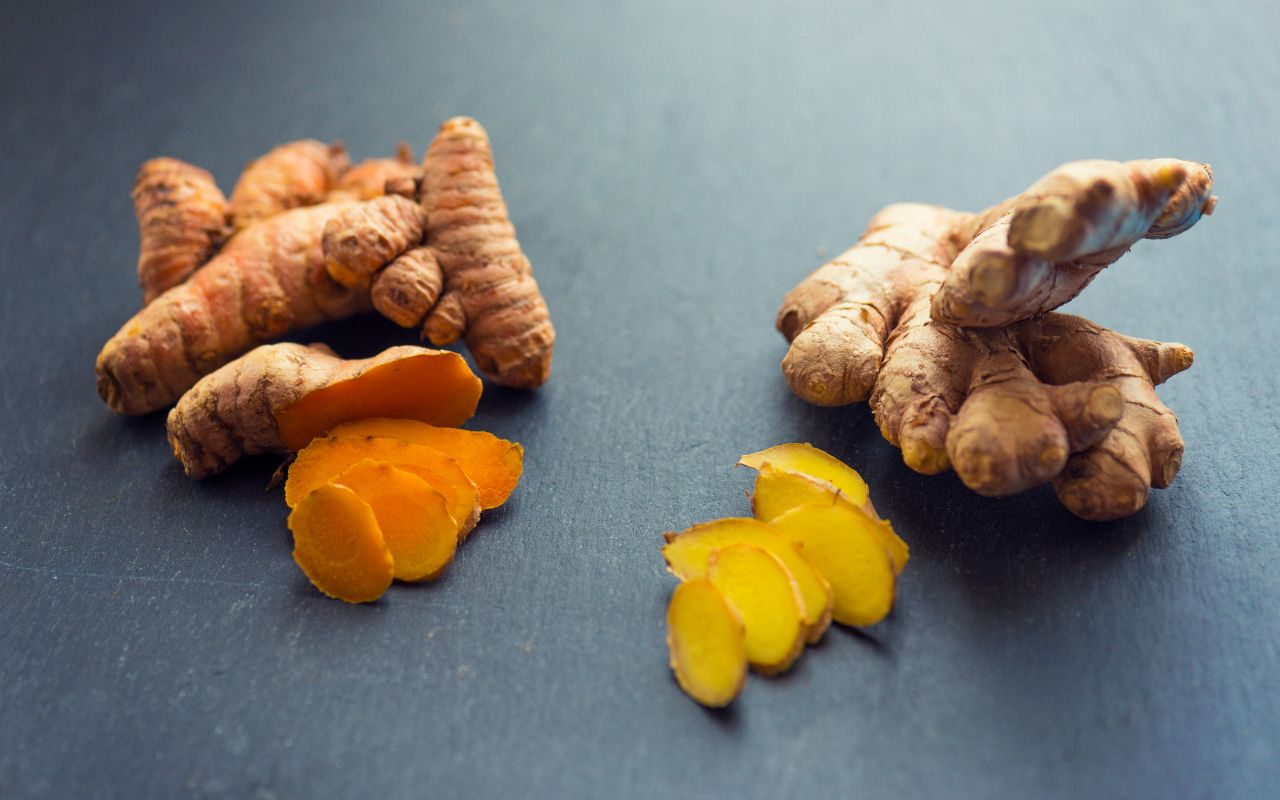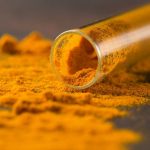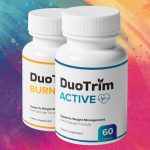Turmeric, a golden-hued spice derived from the rhizome of the Curcuma longa plant, has been celebrated for centuries in traditional medicine, cuisine, and beyond. This versatile plant, closely related to ginger, is more than just a kitchen staple; it boasts many health benefits and applications that have captured the attention of modern science and health enthusiasts' attention.
Historical Context and Traditional Uses
Dating back thousands of years, turmeric has been pivotal in Ayurvedic and Chinese medicine and is renowned for its purported healing properties. In these ancient practices, turmeric was used to treat various ailments, from respiratory and digestive problems to skin diseases and wounds. Across India and Southeast Asia, turmeric is not only revered for its medicinal properties but also its religious and ceremonial significance, often used in rituals and as a dye.
The Active Compound: Curcumin
The therapeutic potential of turmeric lies predominantly in curcumin, the primary bioactive compound. Curcumin is renowned for its potent anti-inflammatory, antioxidant, and antimicrobial properties. Research has shown that curcumin can modulate various signaling molecules, thus exerting a wide range of biological activities contributing to its health benefits.
However, it's important to note that curcumin constitutes only 2-8% of most turmeric preparations. Furthermore, curcumin's bioavailability is relatively low, meaning the body does not absorb it effectively. This limitation has spurred scientific efforts to enhance its absorption through various methods, such as combining it with piperine (found in black pepper) or using lipid-based formulations.
Health Benefits
Anti-Inflammatory and Antioxidant Effects
One of curcumin's most celebrated benefits is its ability to fight inflammation. Chronic inflammation is a key driver of many common Western diseases, including heart disease, cancer, metabolic syndrome, Alzheimer’s disease, and various degenerative conditions. Curcumin's anti-inflammatory properties are comparable to those of some anti-inflammatory drugs, albeit without the associated side effects.
Curcumin also exhibits potent antioxidant properties. Antioxidants neutralize free radicals, highly reactive molecules with unpaired electrons that can cause oxidative stress and damage to body cells. By scavenging these free radicals, curcumin potentially mitigates the risk of chronic diseases and slows aging.
Joint Health and Arthritis Relief
Turmeric has been extensively studied for its role in managing arthritis symptoms. The anti-inflammatory capabilities of curcumin may help reduce joint inflammation and pain associated with osteoarthritis and rheumatoid arthritis. Studies have shown that turmeric extracts (standardized to include large amounts of curcumin) can reduce arthritis symptoms more effectively than some anti-inflammatory medications.
For instance, a systematic review and meta-analysis reported that curcumin significantly reduces pain and improves physical function in patients with arthritis, comparable to conventional analgesic agents like ibuprofen (source).
Digestive Health
Turmeric has been traditionally used to treat digestive disorders. Modern research suggests that it can stimulate bile production, which aids digestion. This spice's anti-inflammatory and antioxidant properties also contribute to its ability to protect the digestive tract from damage and promote overall gut health.
Furthermore, turmeric has been investigated for its potential to alleviate symptoms of inflammatory bowel diseases (IBD) such as Crohn’s disease and ulcerative colitis. Studies have indicated that curcumin supplements can help induce remission in patients with ulcerative colitis (source).
Skin Health
Turmeric's antimicrobial and anti-inflammatory properties make it a popular ingredient in skincare. It can help manage various skin conditions, including acne, eczema, psoriasis, and wounds. Its antioxidant properties also help combat the effects of aging by reducing the appearance of wrinkles and improving skin elasticity.
Turmeric face masks have become a popular home remedy for acne. Curcumin's ability to reduce inflammation and fight bacteria and its soothing effect on the skin make it an effective natural treatment for acne (source).
Mental Health
Emerging research suggests that turmeric may benefit mental health, particularly in the context of depression and Alzheimer's disease. Curcumin's ability to cross the blood-brain barrier and its anti-inflammatory, antioxidant, and neuroprotective effects play crucial roles here.
Evidence suggests that curcumin may boost levels of brain-derived neurotrophic factor (BDNF). This protein promotes the survival of nerve cells and plays a critical role in memory and learning. Low levels of BDNF have been linked to depression and Alzheimer's disease. Additionally, curcumin's anti-inflammatory properties may help reduce neuroinflammation, a key factor in neurodegenerative disorders.
Heart Health
Heart disease is one of the leading causes of death globally. The complex pathology of heart disease includes inflammation, oxidation, and disruptions in endothelial function (the lining of blood vessels). Curcumin's anti-inflammatory and antioxidant properties and ability to improve endothelial function make it a valuable herb for heart health.
Studies have shown that curcumin can positively affect several factors known to play a role in heart disease. For example, its benefits on endothelial function are comparable to exercise, and its effects on inflammation are akin to the action of certain anti-inflammatory drugs.
Consumption and Dosage
Turmeric can be consumed in various forms, including powdered spice, capsules, extracts, and teas. The dosage required to achieve therapeutic effects varies depending on the form and purpose of use. While culinary use of turmeric is safe in moderate amounts, higher doses are generally recommended for therapeutic purposes.
For instance, studies involving curcumin typically use 500-2,000 mg daily doses, often divided into multiple doses. It's important to note that higher doses are usually taken as standardized extracts rather than the raw spice.
Safety and Precautions
Despite its many benefits, turmeric is unaffected by side effects and interactions. Consumption of large amounts or prolonged use of turmeric supplements can cause gastrointestinal issues such as nausea, diarrhea, and stomach upset. Additionally, curcumin has anticoagulant properties, which means it can thin the blood and increase the risk of bleeding, especially in individuals taking blood-thinning medications like warfarin.
People with gallbladder disease, kidney stones, or other bile duct obstructions should avoid taking turmeric supplements due to their ability to stimulate bile production. Moreover, pregnant and breastfeeding women should consult their healthcare provider before using turmeric supplements, as there is limited data on their safety for these populations (source).
Drug Interactions
Turmeric can interact with several medications, potentially altering their effectiveness. For example, it can enhance the effects of anticoagulants and antiplatelet drugs, increasing the risk of bleeding. Turmeric may also interfere with diabetes medications, leading to lower blood sugar levels, and can impact medicines metabolized by the liver.
It's crucial to consult with a healthcare provider before starting any new supplement, including turmeric, especially for individuals on medication or with existing health conditions.
Incorporating Turmeric into Your Routine
Integrating turmeric into your daily life can be easy and enjoyable. Here are some practical ways to include this golden spice in your routine:
Culinary Uses
- Golden Milk: A warm beverage made with turmeric, milk (or a plant-based alternative), a pinch of black pepper, and other spices like ginger, cinnamon, and a sweetener.
- Smoothies: Add a teaspoon of turmeric powder to your favorite smoothie recipe for an antioxidant boost.
- Curries and Soups: For flavor and health benefits, incorporate turmeric into savory dishes such as curries, soups, and stews.
- Turmeric Tea: Brew turmeric tea by boiling water with turmeric powder and adding honey and lemon for flavor.
Supplements
Turmeric supplements provide a convenient and concentrated source of curcumin for those looking to achieve specific health benefits. When choosing a supplement, look for products containing piperine or formulated to enhance curcumin's bioavailability.
Topical Application
Turmeric can also be applied topically to the skin. Turmeric face masks, made by mixing turmeric powder with water, honey, or yogurt, can help treat acne and improve skin complexion. However, be cautious, as turmeric can stain the skin and clothes.
Traditional Remedies
In traditional Ayurvedic practice, turmeric is often combined with other herbs and spices to create potent formulations tailored to individual health needs. Consulting with an Ayurvedic medicine practitioner can provide personalized recommendations for using turmeric.
Conclusion
Turmeric is a remarkable spice that offers many health benefits supported by traditional knowledge and modern scientific research. From reducing inflammation and oxidative stress to supporting joint and digestive health, turmeric's therapeutic potential is vast. However, like any supplement, using turmeric responsibly and being aware of potential side effects and interactions is essential.
By incorporating turmeric into your diet and wellness routine in a balanced and informed manner, you can harness the power of this golden spice to enhance your overall health and well-being. For further reading and evidence-based information on turmeric, consider visiting resources like Drugs.com and Medical News Today.







